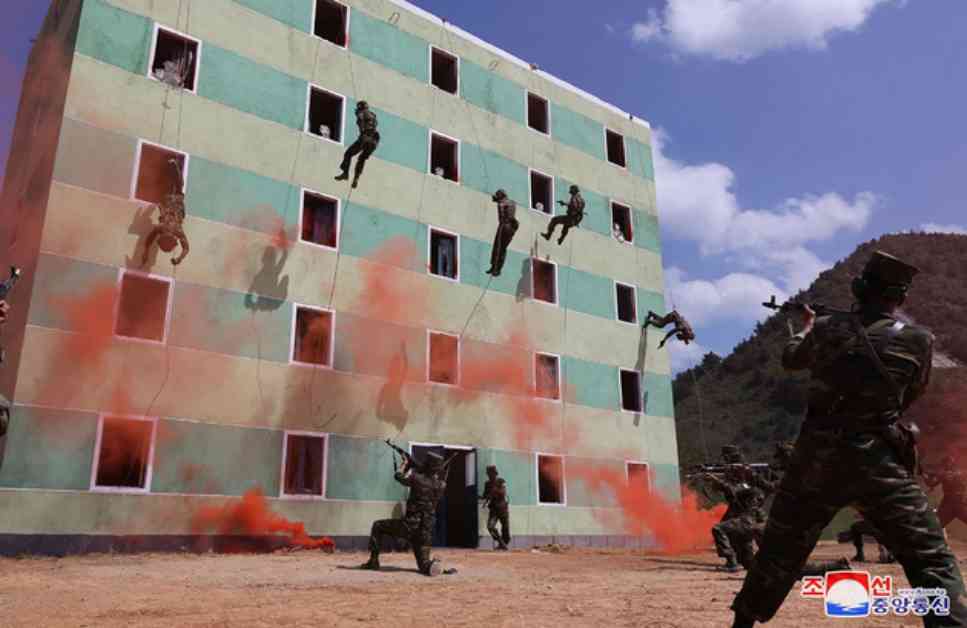Thousands of North Korean Soldiers Suffer Casualties in Ukraine Conflict
Over 1,000 North Korean soldiers have faced casualties in Russia’s conflict with Ukraine, according to South Korea’s Joint Chiefs of Staff (JCS). The alarming revelation comes amid escalating tensions and military involvement in the region.
High Casualty Figures Revealed
South Korea reported that North Korean troops engaged in combat with Ukrainian forces have suffered approximately 1,100 casualties, as per various sources and intelligence. These soldiers were deployed to aid Russia in the conflict, particularly in the Kursk border region, where Ukrainian forces had previously made territorial advancements. The JCS further indicated that recent intelligence pointed towards Pyongyang preparing for troop rotation or additional deployments to support Russia’s military operations.
North Korea’s Military Contributions
Pyongyang’s involvement in the conflict extends beyond troop deployment. North Korea is reportedly providing Russia with self-destructible drones, rocket launchers, and artillery, aiming to enhance Moscow’s military capabilities in the ongoing war. Additionally, the South Korean military expressed concerns about North Korea modernizing its conventional warfare strategies based on combat experiences gained in the conflict, potentially elevating the military threat posed by the regime.
International Ramifications
The deepening military ties between North Korea and Russia have raised concerns globally. Ukrainian President Volodymyr Zelensky warned of potential risks associated with increased cooperation between Moscow and Pyongyang, highlighting the destabilizing impact on the Korean Peninsula. This growing collaboration has prompted responses from South Korea and Ukraine to bolster security measures in the face of the threat posed by North Korean troops.
Border Security and Propaganda
While the focus remains on military developments, North Korea’s military has been observed reinforcing its border security with the construction of a 40-kilometer fence along the border with South Korea. Additionally, the regime has engaged in a unique form of retaliation by launching trash-carrying balloons into South Korea, a response to activist groups’ propaganda campaigns. The persistence of such actions underscores the ongoing tensions and unique challenges posed by the reclusive regime.
In conclusion, the implications of North Korea’s involvement in the Ukraine conflict extend far beyond the immediate casualties suffered by its troops. As geopolitical dynamics shift and military alliances evolve, the ripple effects of Pyongyang’s actions are felt on a global scale, emphasizing the delicate balance of power in the region. As the situation continues to unfold, the world watches closely, wary of the potential consequences of escalating tensions and military engagements.

















